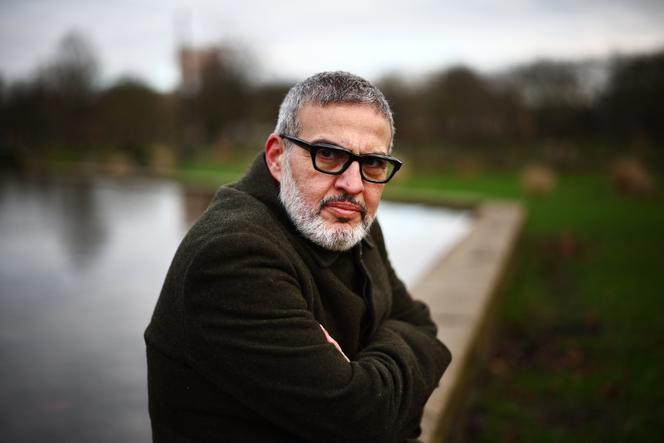
British-Palestinian surgeon Ghassan Abu-Sittah, who witnessed the atrocities perpetrated by the Israeli army in the Gaza Strip while working there for over a month and a half at the start of the war, was refused entry to France on Saturday, May 4. Arriving early this morning at Paris' Charles-de-Gaulle airport from London, where he lives, the doctor, who was due to speak at a conference organized that same day at the Sénat, was turned back by border police.
Border security forces blamed the German authorities, who had also prevented him from entering their soil in mid-April when he was due to take part in a conference on Palestine in Berlin. Germany has banned him from obtaining a visa for one year in the entirety of the Schengen area. Abu-Sittah spoke to Le Monde this morning by telephone from an airport office. He was waiting to be escorted by police to a flight back to London. "The decision is done. There's nothing I can do," he told Le Monde. "It's Berlin déjà-vu. It's the criminalization of the victims. The gang complicit in genocide trying to silence the witness."
The organizer of the symposium, Europe Ecologie Les Verts (ELLV, Greens) senator Raymonde Poncet Monge told Le Monde that she had "total political disapproval" for the incident. She added that the ecologist group had contacted the interior minister's, Gérald Darmanin, office to resolve the situation but to no avail. Monge said she was determined to bring the matter to court. "How can Germany issue territorial bans throughout the Schengen area? It's unbelievable."
Operating in Gaza for over 40 days
A specialist in military medicine, Ghassan Abu-Sittah jumped on a plane to Gaza on October 7 in the hours following the massacre committed by Hamas in southern Israel, as he had done so for the three previous wars striking the Palestinian enclave.
As a member of the Médecins sans Frontières teams, he had worked in the Al-Shifa hospital, the largest in the Gaza Strip, and in the Al-Ahli hospital. He left the Palestinian territory on November 18, after performing surgery on victims of Israeli bombardments for 43 days. To date, those bombardments have claimed the lives of almost 35,000 people, most of them civilians.
Already very active on social media when he was there, the practitioner gave numerous interviews after leaving the enclave, recounting the amputations he had to perform without anesthesia, the use of staples to close wounds, children burned by white phosphorus shells (a weapon whose use for incendiary purposes is forbidden), hospitals so overcrowded that doctors were operating on the floor, and so on.
You have 25.74% of this article left to read. The rest is for subscribers only.